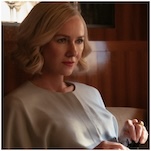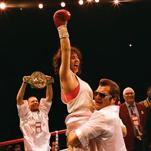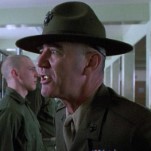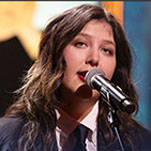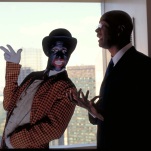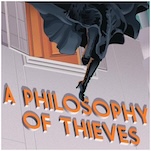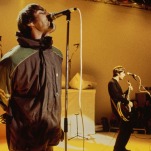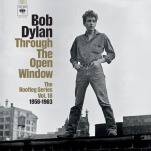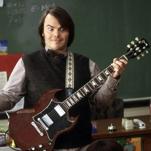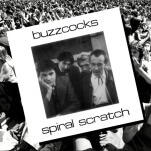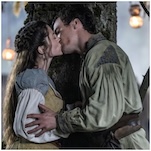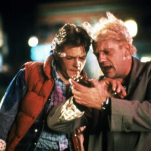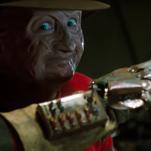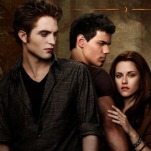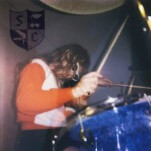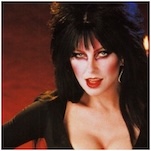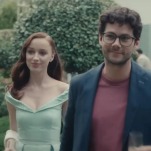Wonder Woman
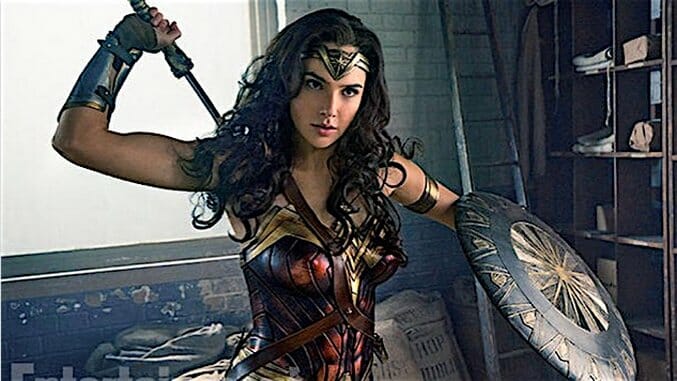
1. Considering that the character of Wonder Woman was the only one in Batman v. Superman that didn’t want to yank your eyeballs out of your head with a spork, it perhaps shouldn’t be a surprise that Wonder Woman is lightyears better than anything else the newfangled DC cinematic universe has produced. It’s not quieter necessarily, but it is more measured, more comfortable in its own skin, less fanboy desperate to keep waving keys in front of your face—exploding keys—to make sure it has the full attention of all your assaulted senses. It feels almost old-fashioned in its themes of the goodness of humanity—and the debate alien outsiders have about whether or not humans are worthy of redemption—and the selflessness of one for a greater good. It still has too many skyscraper-sized god-monsters blowing up whole acres in hackneyed super slo-mo, and it doesn’t have much you haven’t seen before, but that it simply tells one story in linear order with logical progression … man, when it comes to these movies, it almost feels like a miracle.
-

-

-

-

-

-

-

-

-

-

-

-

-

-

-

-

-

-

-

-

-

-

-

-

-

-

-

-

-

-

-

-

-

-

-

-

-

-

-

-





